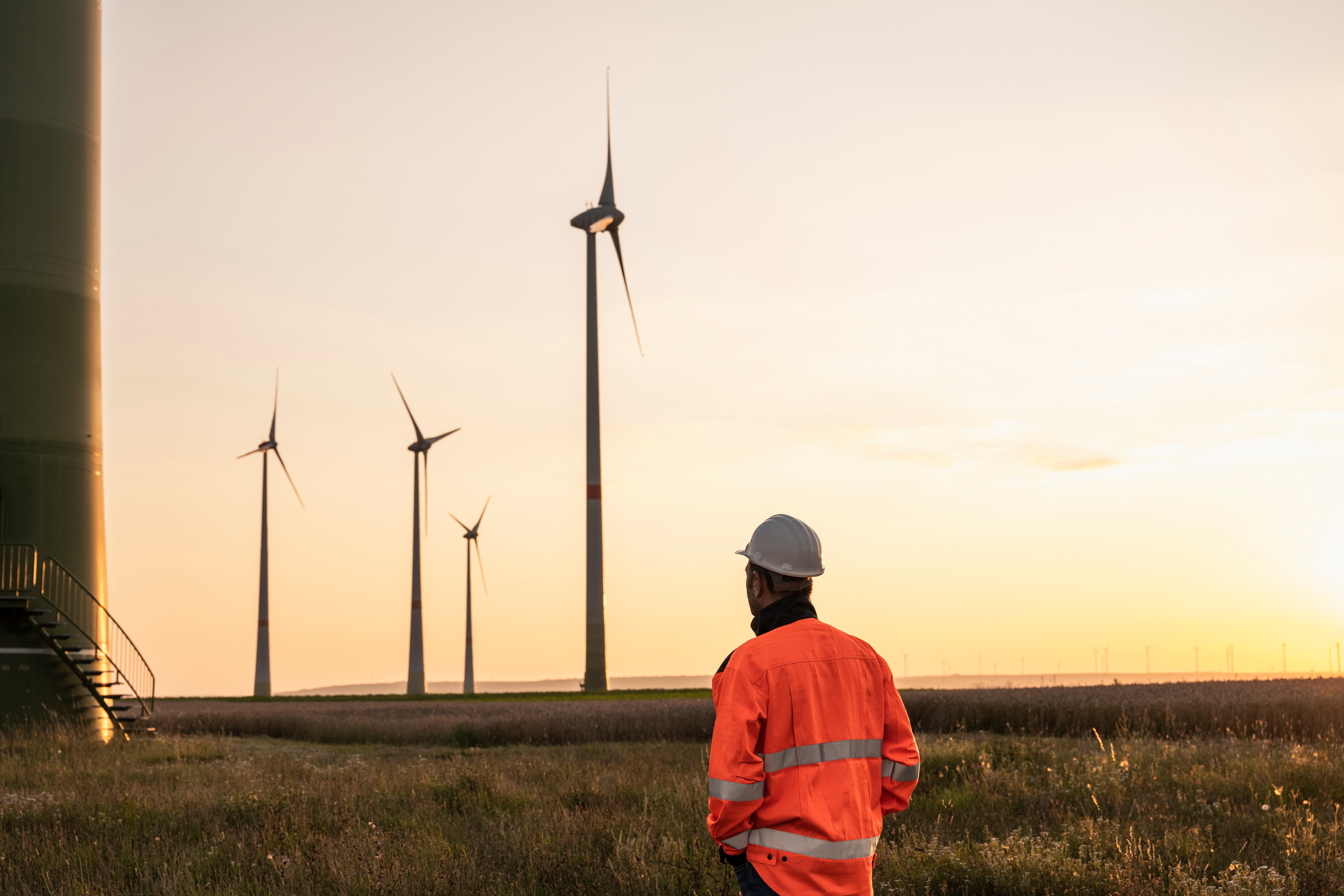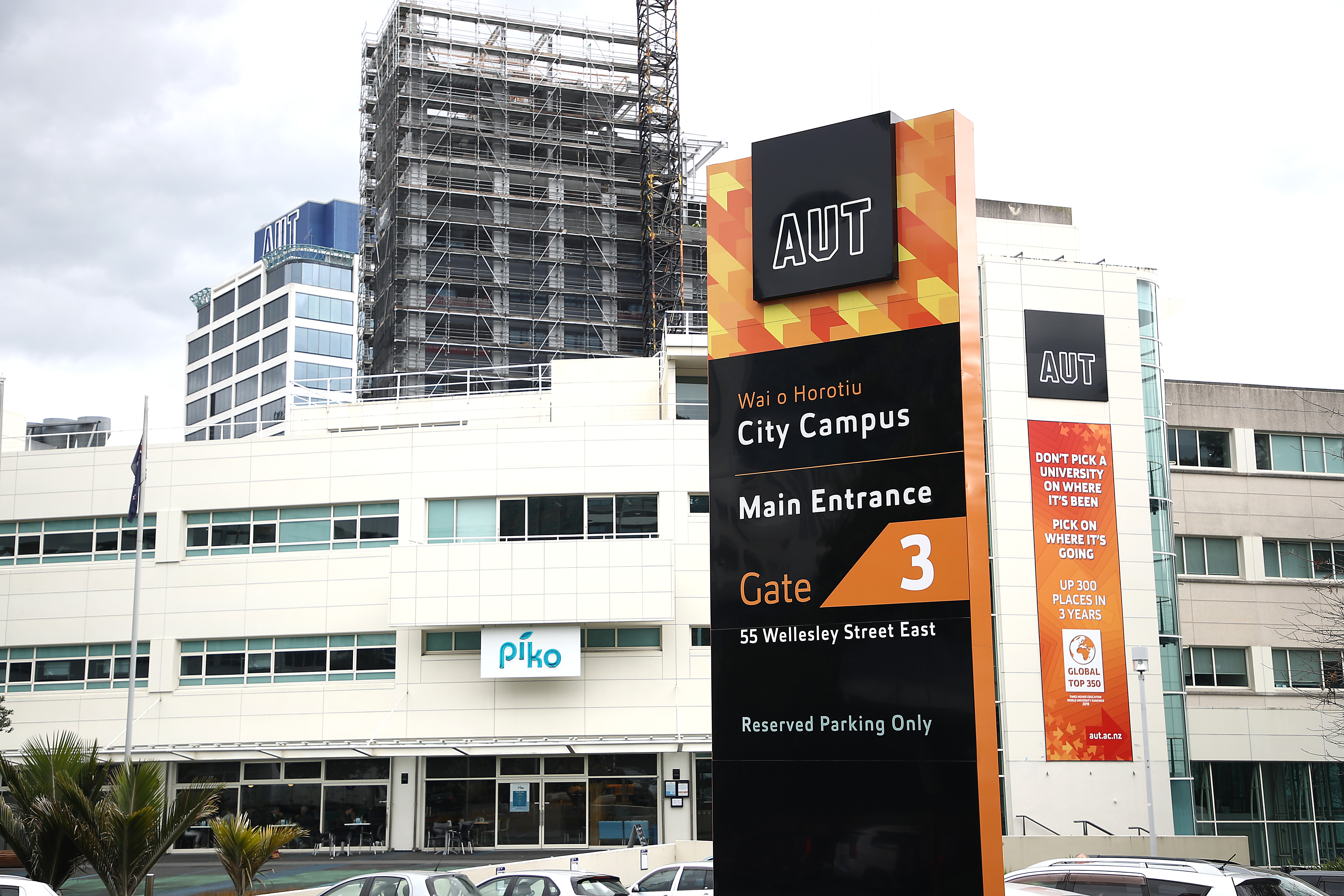Feature article
Emerging roles and industries across NZ
Business leaders and experts discuss innovation, sustainability and a digital future.
A big mind-blowing stat came out in 2013, that up to 47% of jobs would disappear in the following 25 years, due to robotics, automation, and Artificial Intelligence. The US model came from researchers Carl Frey and Michael Osborne.
Business consultancy, McKinsey more recently forecast that 21% of work activities could be automated by 2030 in Aotearoa. Employment growth would be concentrated in managerial, technical, and associated professional, service, and retail jobs, while there’d be a reduction in administrative, trade, and manual work jobs.
This data collected together in the New Zealand Productivity Commission’s 2020 report on Technological Change and the Future of Work, points out that, whereas technology in the past replaced muscle, today, technology is replacing cognition, leaving some of the workforce with no comparative advantages.
However, there are plenty of options for workers in the years ahead with very low unemployment (currently 3.2%) in New Zealand and non-existent (for now) immigration. Their contribution is going to be needed as the country advances through the 21st century but it’s very likely they’ll need to add to their skills and knowledge along the way.
The Great Resignation vs The Great Recruitment
Other big thinkers putting their minds to the future of work are AUT management professors Jarrod Haar and Candice Harris.
Jarrod, Professor of Human Resource Management at Auckland University of Technology (AUT) recently led a nationwide study showing that, in 2021, more Kiwi workers (46%) were thinking about changing jobs or throwing the towel in altogether.
The upside to almost 50% of jobs disappearing, says Jarrod, is it could mean the end of the more repetitive jobs (leave them to the robots) and people getting the chance to be creative and do new exciting things, operating from a good knowledge base and engagement with tech.
Professor Candice Harris, who has a strong research interest in gendered experiences of work, says there’s been a lot of talk on the future of work, predicting which jobs will emerge in the future.
Rather than thinking of it as “The Great Resignation”, a more fitting title is “The Great Recruitment,” something Jarrod and Candice have looked at in a recent article. Or perhaps, “The Great Alignment” – in other words, adding exciting changes to current jobs with the help of digitalisation and new practices influencing supply and distribution chains, she suggests.
In this scenario, people will be encouraged to upskill, and to take the chance to bring their own agendas. For instance, they may have a passion for working to create a green economy, she says. “It may be that you can explore this with your current employer, and are redeployed to an area where you can develop this strong interest.”
The Covid lockdowns, meanwhile, have shown people that they have more skills than they knew, says Candice. Online healthcare has been possible, newer markets have exploded like meals in a box, (like My Food Bag) – there’s a lot of opportunity in that field, she says.
A recent study at AUT has found that 46% of respondents were considering a career change.
Sustainability roles becoming commonplace
Supermarket chain Countdown recently created the role of climate change manager, expanding its dedicated sustainability team.
Sustainability consultant Magnus Williams was approached about the job for which he was a good fit. He has a Masters of Environmental Science from Victoria University and his previous role as a sustainability consultant for Oxygen Consulting was helping all kinds of organisations with their sustainability goals.
The new role appealed to him because he thought the supermarket chain, with an Australian owner, was serious about its ambitions on sustainability. It had been working on emissions since 2006, for instance.
“They’re committed and have the resources to do it,” he says. He’s joined a team at the food chain led by Countdown’s Head of Sustainability Catherine Langabeer.
Supermarkets have a lot to think about when it comes to being responsible corporate citizens – there are carbon emission targets to meet, they’re working with suppliers and farmers to meet standards, and packaging is a work in progress.
Climate change manager wasn’t a common role two years ago but, in his industry, jobs are becoming more defined and specialist, says Magnus. While the sustainability space is often associated with environmental issues, the social side is becoming bigger, as well as governance and economics, he explains.
Like many thinking Kiwis, Magnus started in another area (aquaculture) but followed his interests, got some qualifications, and has immersed himself in the world of sustainability ever since. There are a whole bunch of interesting challenges for the world which need good thinkers and problem solvers.
Victoria University’s Wellington UniVentures, which works with the university’s researchers to shape their big ideas and take them to the rest of the world, is seeing a lot of innovation coming through in decarbonisation.
Commercial manager, Hamish Findlay says: “There’s a lot of new tech innovation happening to do with decarbonisation in one way or another. It might be systems recognising carbon credits, environmental accounting, or work around climate change.”
More organisations and councils have a much stronger emphasis on this and there’s an emergence of tech taking carbon out of processes, he adds.
Oil and gas engineers in Taranaki are turning their minds to clean energy right now.
“It’s going beyond greenwashing, some of these guys are getting really serious, saying, ‘if we aren’t going to do it, nobody is.’ That’s a huge opportunity that’s opening up,” says Hamish, who’s currently looking for a syngas engineer who can work with hydrogen.
Businesses across all sectors are looking at carbon reduction, opening up roles that previously didn't exist.
Keen learners will be desirable
Other areas of growth that the Wellington UniVentures commercial manager is seeing are in data science and machine learning as well as a social enterprise and impact investing. “A lot of organisations are creating roles or whole businesses from this,“ he says.
Internationalisation will be another big area creating jobs, so those students of international relations who have a second language will be useful. International relations will become increasingly important as we look more towards Asia, says Hamish.
There will be fewer large organisations and more small and medium companies (SMEs) in the years ahead, the Wellington UniVentures manager predicts. In these smaller, high-growth firms there will be good opportunities for motivated workers because there’s often more flexibility, and the ability to learn new things is encouraged.
An ability to work in teams and to be adaptable, to see future trends, and to see over the horizon, will stand the workers in good stead, he adds.
“Those skills will really equip people well, people are going to live in a time of significant change over the next 10 to 15 years,” says the commercial manager.
Rising opportunities in health care
While tech tends to be something people focus on when discussing jobs of the future, the rising focus on mental health and wellbeing has led to an explosion of wellbeing businesses, says Callaghan Innovation.
A new industry will emerge to support the changing life shapes, predicts Jonathan Miller from Callaghan, who led the future insights team and leads regional outreach. There’ll be a focus on keeping people healthier for longer but also there'll be a need for financial services to help people plan for changing lives and their well-being. Ongoing career coaching will also be more common.
An interesting development happening at the moment is the relationship between the rural and urban environment which will lead to new roles, notes Jonathan.
More urbanites around the world want a better connection with nature. People are spending time in virtual nature, and finding it very relaxing, says the Callaghan manager.
According to research, 35% of New Zealanders long for the country and rural life. People are live streaming the sound of baby goats from a farm and experimenting in remote micro-farming. People might have a veggie plot somewhere else but can watch it on the internet. All good opportunities for AR/VR experts.
Health and wellbeing businesses are here to stay.
Horticulture industry evolving towards tech
Callaghan’s already starting to see big changes in horticulture coming through in the next five years. With automation, there’s a need to upskill staff on orchards and vineyards to be able to work with the tech, says Kirstin Mead from Callaghan, who works with innovative businesses at Callaghan.
“There’s a huge learning curve in the adoption of tech,” she says. But human beings will still be very involved.
With things like fruit picking they will still need supervisors, people to operate the robots, manage and programme them and organise the supply chain, says Kirstin.
Things like picking a delicate fruit like kiwifruit remain a dynamic process with human fingers and balance, says Jonathan. Robots are still struggling with this.
The ‘traceability of food’ trend is another area of growth, suggests Jonathan. The authenticity of food miles, the agri-tech space, the types of food we’re eating, there’s a huge trend of close-to-home food and growing your own, he says.
Although many roles are becoming automated, the horticulture industry will always need a human touch.
Other articles you might like





.png)
